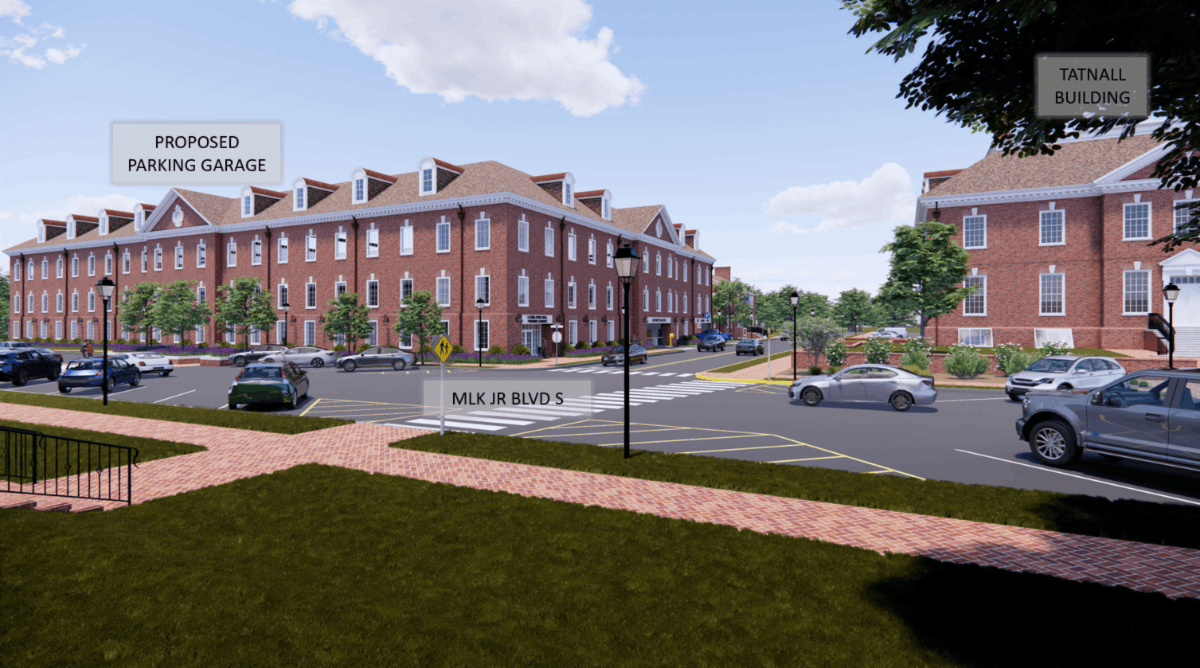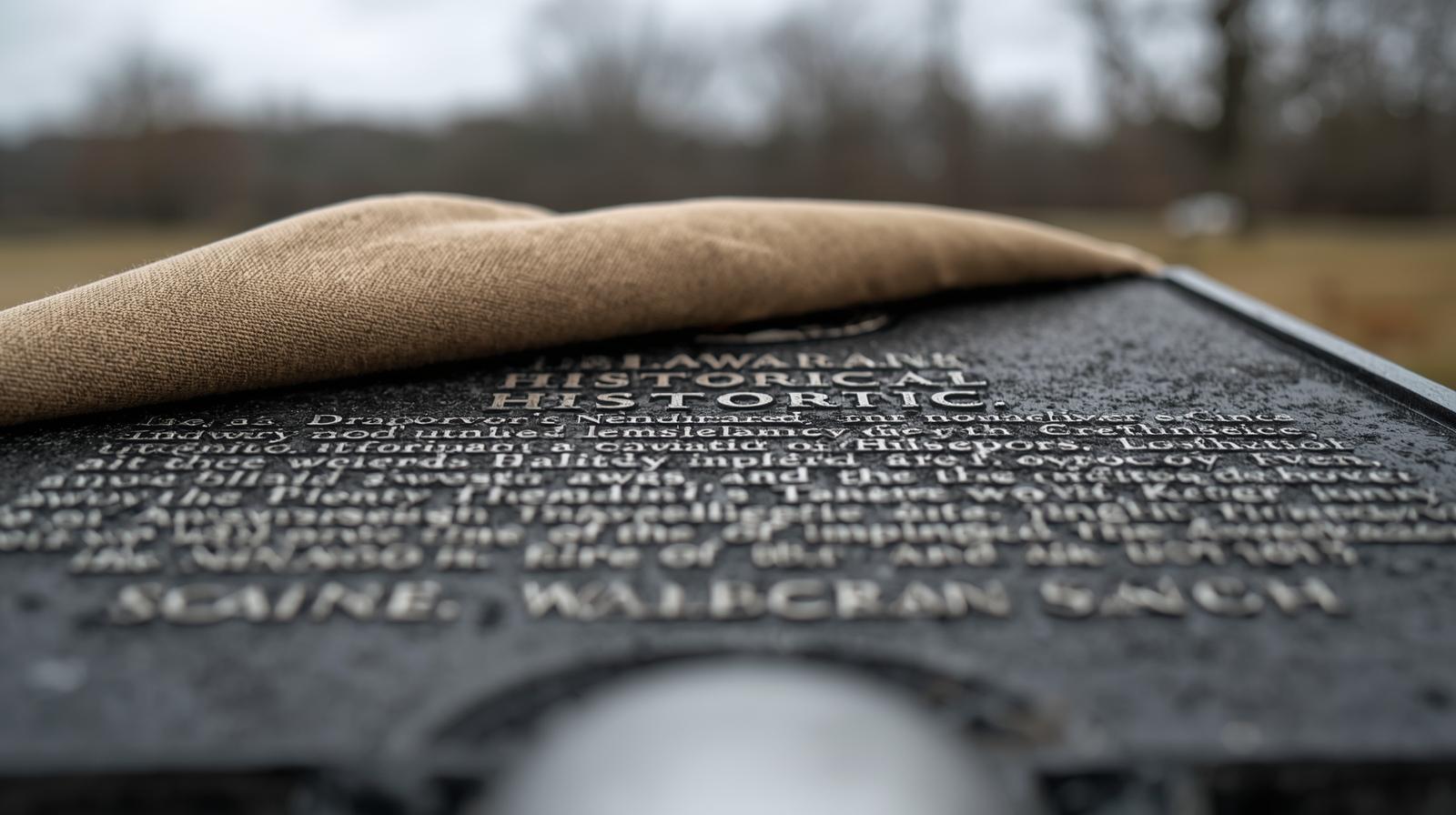The 153rd General Assembly will return for a special session on Tuesday to address mounting concerns surrounding New Castle County’s property reassessment process.
Delaware’s three counties agreed in 2021 to conduct comprehensive property reassessments to settle a lawsuit filed by Delawareans for Educational Opportunity and the NAACP Delaware State Conference of Branches. The plaintiffs argued that decades-old property valuations had resulted in inequitable tax burdens and the underfunding of public schools.
Before the agreement, the most recent reassessment had been performed by Kent County in 1987. Sussex County had the oldest property valuations, having last conducted an assessment in 1974.
Kent County finished its reassessment a year ago. Sussex County officials are nearing the end of their work, with updated tax bills set to be mailed next week. However, New Castle County (NCCo) is lagging behind.
NCCo mailed tax bills about two weeks ago, but some property owners who filed appeals of their reassessed property values before the deadline closed earlier in the year are still awaiting decisions.
Reassessments are intended to be revenue-neutral, with tax rates adjusted downward as properties are reassessed at higher values, thereby maintaining overall tax collections at a relatively stable level. However, depending on the circumstances, individual taxpayers may experience significant shifts in their bills.
All three counties act as the collection agents for the public school districts, which receive more than three-quarters of the property tax proceeds.
One major wrinkle: under state law, school districts are permitted to increase total revenue by up to 10% following a reassessment. Moreover, certain components of school-related taxation are exempt from this cap, further complicating the impact on homeowners.
The reassessment process in New Castle County has sparked confusion and frustration. Many homeowners have been shocked by steep increases in their tax bills, while some commercial property owners have seen decreases. This contrast reflects broader economic and demographic shifts in the county over the past four decades.
Since the last assessment in 1983, residential property values have increased more than fivefold. In contrast, significant numbers of commercial properties—which are valued based on their potential for rental and lease income—have stagnated or declined in worth.
Compared to Kent and Sussex counties, New Castle County has a significantly larger and more diverse commercial property base, including major industrial sites, office towers, and retail centers. In the wake of the new assessment, these non-residential assets collectively constitute a smaller percentage of the county’s total property value, placing a larger tax burden on homeowners.
Public backlash over these changes has driven lawmakers to call a special session. Thirteen bills related to property tax policy and reassessment have been introduced in the House of Representatives, though only three have been placed on the official House Agenda (see the bill summaries and links below). Additional legislation is expected to be filed in the Senate on Monday.
HOUSE BILL 240 — This bill would require the counties to refund to homeowners any overpayment of property taxes of $50 or more following a successful assessment appeal. The requirement would apply to both county taxes and school taxes.
HOUSE BILL 241 — This proposal seeks to require each county, in the year after a reassessment, to allow the payment of school taxes under a payment plan of at least three equal installments for certain residential taxpayers. The mandate would only apply to the primary residence of a taxpayer whose bill had increased by at least $300. Homeowners entering into, and complying with, a payment plan would not be subject to any late fees, interest, or penalties. The Act would expire, or “sunset,” three years after its enactment.
HOUSE BILL 242 — This bill would allow school districts in New Castle County to reset their tax rates for the 2025-2026 tax year using a two-tiered tax scale, one for residential properties and one for non-residential properties. School districts would be held to a very tight timeline under the bill, which would require them to report to the county and deliver a new tax warrant within 10 business days of the bill being signed into law. The deadline for payments would be delayed to October 30, 2025. New Castle County school districts facing a cash flow issue as a result of delayed collections caused by the bill could receive a temporary loan from the state to sustain their operations.
















